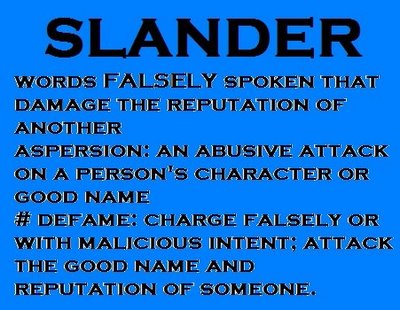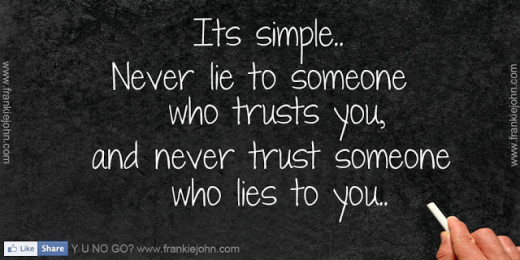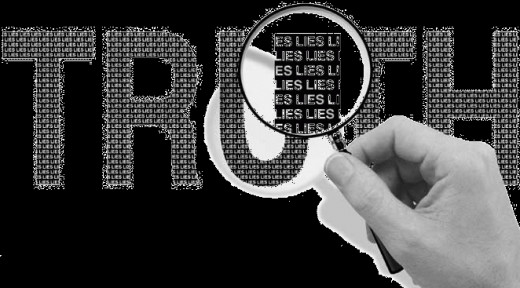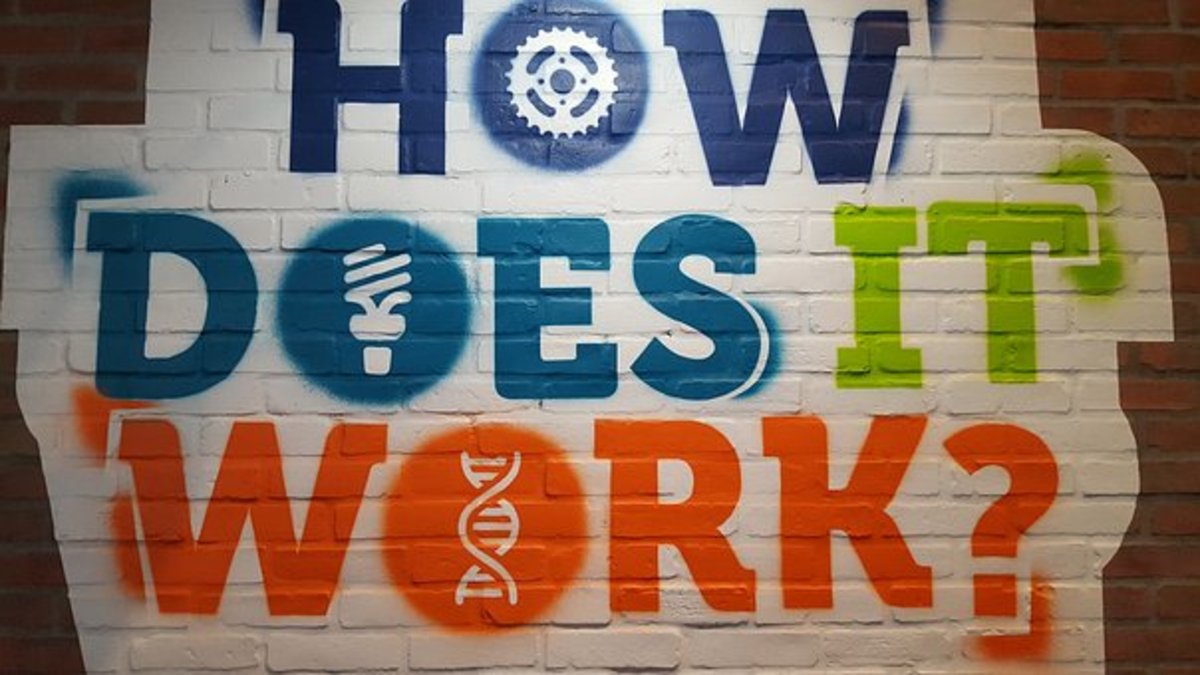Free speech vs. censorship

Freedom of speech used to be a constitutional right for Americans – a reaction of our founding fathers against the crushing censorship of King George. And one of the reasons for the original Internet was to be able to share scientific knowledge and research between scientists freely.
But now, like the old attitude “separate but equal” to defend segregation, the freedom to speak openly carries the caveats “if…” and “but…” This is unacceptable.
To begin with, take a look at prime time television in America – bosses and co-workers insult and harass each other. The words hell, damn, b***h, and more are rife, even when children are watching. Words such as God, f**k and s**t are often censored out of late-night television shows and movies during prime time, while left in after 10 PM. Parents and children are sarcastic and snide, even in sitcoms. People discuss intimate information with strangers, co-workers and customers. People are slandered with abandon. People jump into bed with anyone on the first date; sex is rarely depicted as a right of the married couple. And this is only speaking of the fictional side of television. So this is what reflects normal American life?
Then why does the news media jump on real stories where someone says something “amiss” as if it was a federal felony? These people of the press, who don’t even understand the simplest grammatical rules, are creating news stories out of smoke and mirrors. Ordinary citizens then jump into the fray with opinions on these innocuous topics in social media and television interviews. Are we really that desperate for news? Or are we simply tired of terrorism, bad economy, hunger and poor education?
What happened to just reporting the news and letting the public react naturally? Save the nonsense for panel discussions and news review shows.
I can understand parents practicing self-control when they speak in front of children, and I support the practice of teaching children that certain words, while not “swears”, are offensive. But one must remember that children in the next room will hear you say “It came like a bat out of hell…” and prejudicial comments. This teaches them that a lot of speech habits are acceptable as long as you’re an adult.
Now let’s enter the adult world. Here, swearing, gossip and slander are wide open fields as long as the person you are talking about is not present. In blue-collar neighborhoods, swearing, bad grammar and threats are common – just peek into any of the “Real housewives of …” reality shows. In blue collar workplaces there are no reins on sexual harassment, insults, bad language and gossip. People don’t hesitate to spew “facts” they read on the World Wide Web, even if those facts malign people in positions of power, whether politicians, celebrities or professional athletes.
In the white collar world, the view is very different, eschewing bad language despite the display of ill will and rough language televised. Slander is much more subtle, wallowing in the guise of office politics, and literally tattling to the boss. Sadly, management often asks on-the-line people to spy and report on their co-workers, which usually backfires on the employee who was recruited. It appears that backstabbing is valued more than ethical behavior.
Just as R-ratings in the movies allow violence while hiding the existence of sex or the human body, PG ratings allow us to expose our children to gory, violent fare as if it is part of our daily lives.
All of this ranting might make a case for censorship of one form or another, but it is quite the opposite.
In the military, recruits are exposed to an endless stream of horrific movies, to inure the soldier into accepting the horrors of war. What does the media think they are achieving by making bloody, gory games, television shows and movies, or having a newspaper follow the blood trail of a local murder?

Lopsided censorship depicts the human animal as a beast. Threatening loss of one’s job for using “damn” in a self-deprecating manner is overkill. I grew up hearing, “Believe half of what you read and none of what you hear”, and I preached to my children “Consider the source” whenever reacting to gossip and mean remarks or quoting found “facts”.
Universities used to be the sanctuary of free speech. Like the orange crates in Piccadilly Square, one could listen or not. But the colleges have become so afraid of losing student tuition that they monitor instructors’ comments to be sure there is a friendly tone, and no comments that might be considered inflammatory or “unprofessional” (as determined by people with education degrees) . Unfortunately entering college students have not been taught critical thinking during their secondary education, and the college-level description of critical thinking education is Venn diagrams, syllogisms and fallacies. While these are necessary tools for critical thinking, the instructor is not allowed to push the students to think nor allowed to play devil’s advocate. If their thinking is questioned, students run to their advisors and complain, and with the need for the tuition, the universities come down on the instructors instead of telling the students to pull themselves up by their bootstraps.
The Internet was another sanctuary. But with the advent of the World Wide Web (WWW), free speech was pummeled by ignorant and downright mean people of all ages. The anonymity of the Web makes people think they have license to bully, insult and opine with no regard for integrity. Web sites, in a search for more and more income, invade privacy, and try to manipulate users. Other media push WWW sites to censor users. The press jumps on any viral publication, without regard for truth or integrity, just to have a story. They even tell listeners and readers how to bully.
The only remaining sanctuary for people with opinions is the blog. Even then, a blogger can be harassed for what s/he publishes. But unlike newspaper editorials, it’s hard to get blogged opinions read by the general public.

The solution is not censorship nor manipulation by institutions, government or companies. The solution is in educating the public on how to assess what one hears, reads or sees. The media should use their power to debunk nonsense rather than encourage it. Starting in secondary school, students should be taught how to assess and evaluate comments; at the same time the value of one’s own integrity should be taught to all. The values once taught to all Americans until the sixties should be part of the curriculum again – honesty, integrity, sensibility, and morality. No more should a student learn that any sin is okay as long as the student isn’t caught. This generates tax cheaters, office politics and bullying.
News media should stress stories of honest people as examples of what this country could be. The old habits of corroborating news stories and investigative reporting should be vamped up.
Social media is a double-edged sword. Twitter is a silly attempt to give everyone his/her 15 minutes of fame, and celebrities that partake are just jumping on the bandwagon and asking to be hacked. Such sites as Facebook can be of some value, but a lot depends on the circle of friends involved; it has become a source for religious ranting, wrapping oneself in the flag, sharing misinformation and self-aggrandizement. Posts state that if a person doesn’t ‘share’ a post, then that person is Godless or unpatriotic. No one seems to be aware that ‘likes’ and ‘shares’ pay off for the originator in real money. On the other hand, in certain circles it has become a forum for healthy discussion. Any social media should spend less time selling and prying into the users’ lives and more time publicizing misinformation for what it is, ethics and ways to discern good and bad information with critical thinking. The pockets are deep; instead of making them deeper, these sites should assume more responsibility to their users.
Managers should eschew gossip and personally observe what their reports are doing, while guiding reports into more productive actions.
Above all, every person, no matter what his/her station in life, should learn and practice – and even preach – integrity and responsibility for one’s own actions.

Illustrations courtesy of Microsoft Clip Art.








